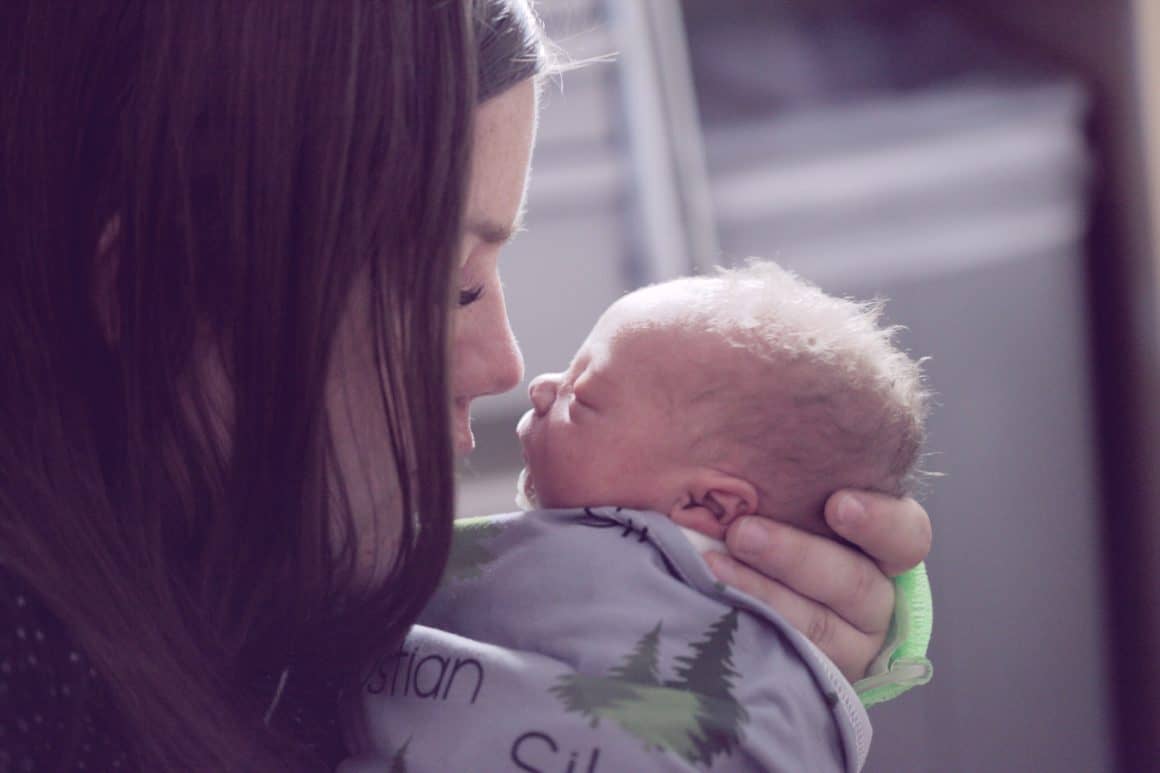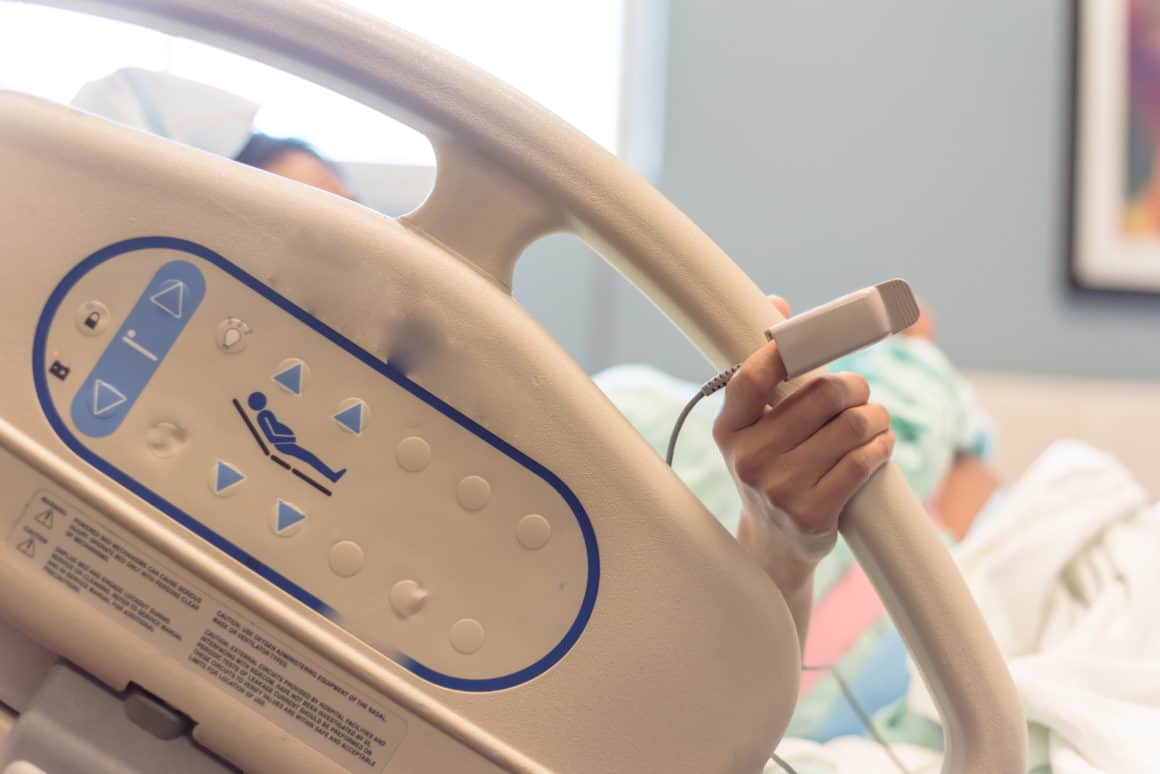Approximately, 30% of women choose to have an epidural while they’re in labour, according to the University of Birmingham. However, thousands more are refused an epidural, even though it goes against official guidelines. Being denied an epidural can have a devastating effect on a new mum and can cause a traumatic and painful birth as well as unnecessary birth trauma. This can result in her experiencing problems bonding with her baby. If this is something you’ve been through, you’ll be pleased to know that there are effective ways to come to terms with your experience.

Speak to the hospital
You’re most likely to start reliving your traumatic and painful birth experience in the days following the birth when you’re back home. Don’t be afraid to get in contact with the hospital you gave birth in and request a debrief of your experience. During this debrief, your maternity notes should be reviewed and you can share the way you feel about your experience. An investigation has found that some midwives wrongly inform women in labour that it’s too late for them to have an epidural, while 4% aren’t told why they can’t have the pain relief that they request. If there is no information regarding this in your notes, be sure to speak up so that the hospital can investigate the issue. It can also be reassuring to know that other women won’t have to go through the same experience as a result of your actions.
Seek professional help

Women who are denied an epidural may be given pethidine instead. 84% of midwives rate pethidine as ‘very good’ or ‘good’, so it’s often their go-to drug. But pethidine can cause breathing difficulties when a baby is born, including a delay in breathing. If this goes on for too long, more serious health issues can occur, including cerebral palsy. If you’re currently going through this type of birth trauma, then a lawyer that specialises in cerebral palsy lawsuits may be able to guide you in the right direction. They’ll look into the circumstances of your case and will advise and support you during a court case and while you seek compensation for you and your child. This can help you move on from your traumatic and painful birth, as you’ll know you’ll be able to provide the best care to your child.
Embrace family time

Following a traumatic birth, it’s easy to focus on your negative experience and forget about the little bundle of joy that has just entered your life. To help build a bond with your baby, spend some quality time with him or her, as well as your partner and any other children you have and do normal family activities. This could be something like a walk in the park, a drive in the countryside, or a shopping trip. By doing things like this together, you’ll slowly appreciate that despite your traumatic ordeal, something good did come out of it.
Too many women have experienced a traumatic birth as a result of being denied the pain relief that they want. While it will take time to recover from this type of incident, rest assured that you will make it through the other side and be a great mum regardless of your experience.


